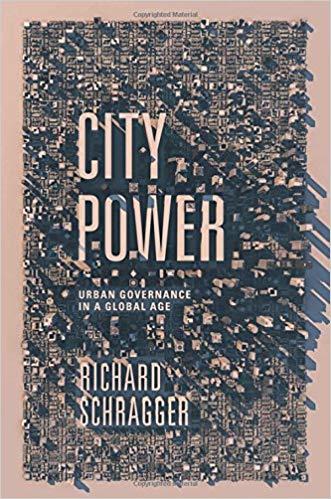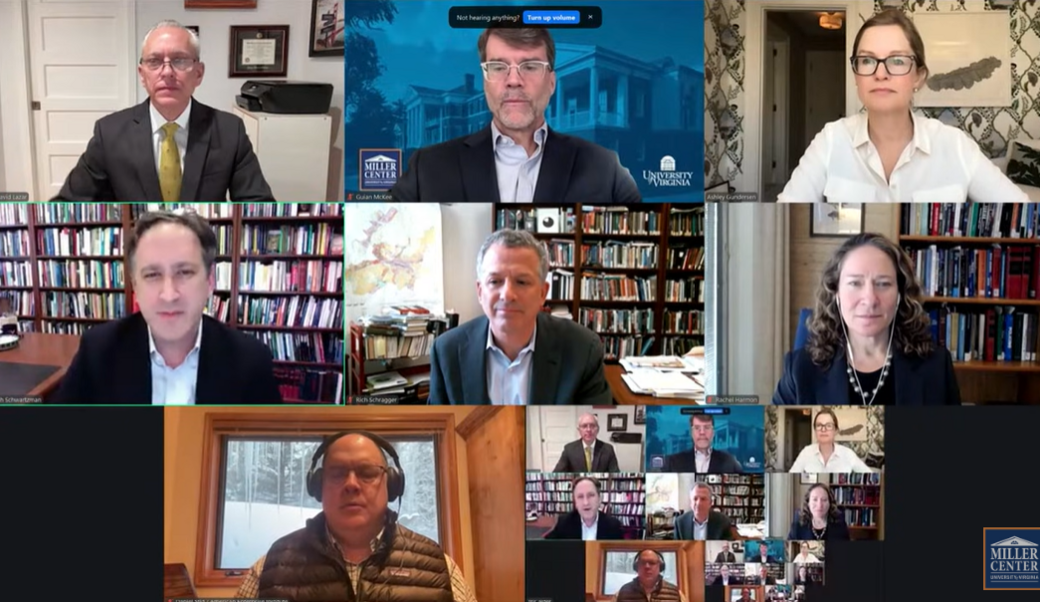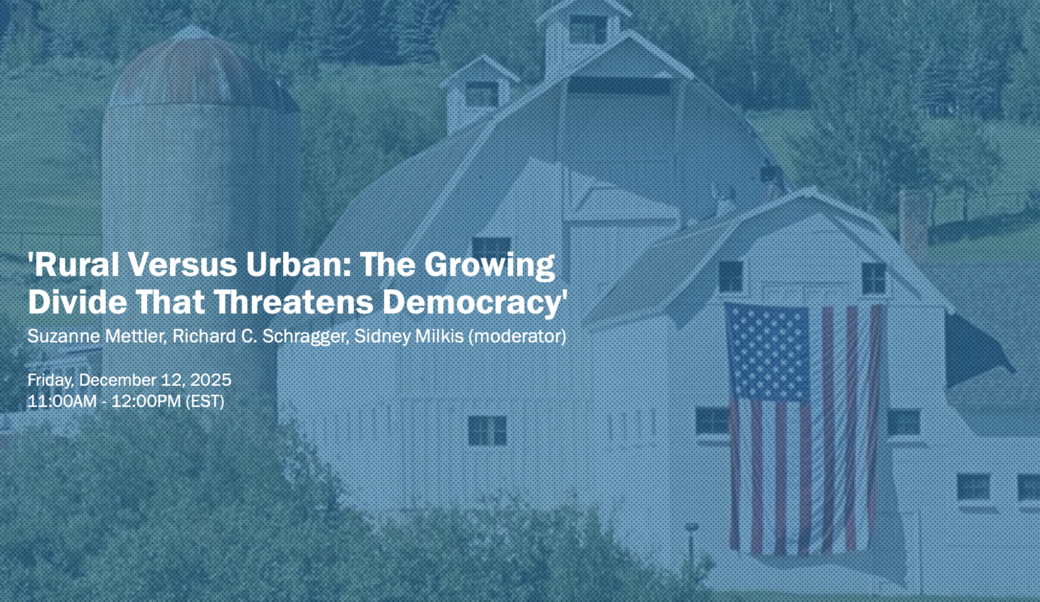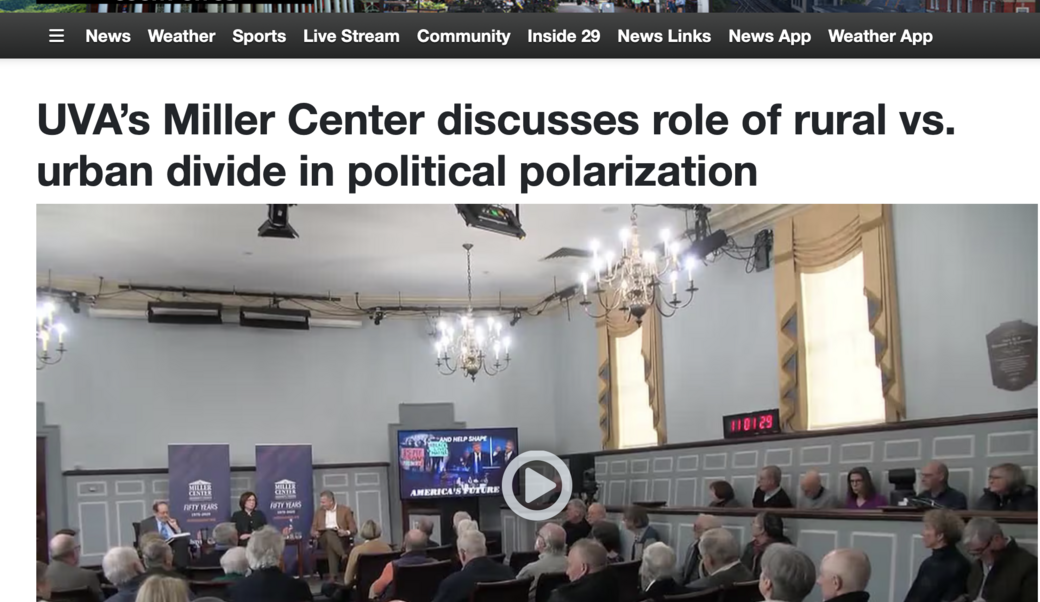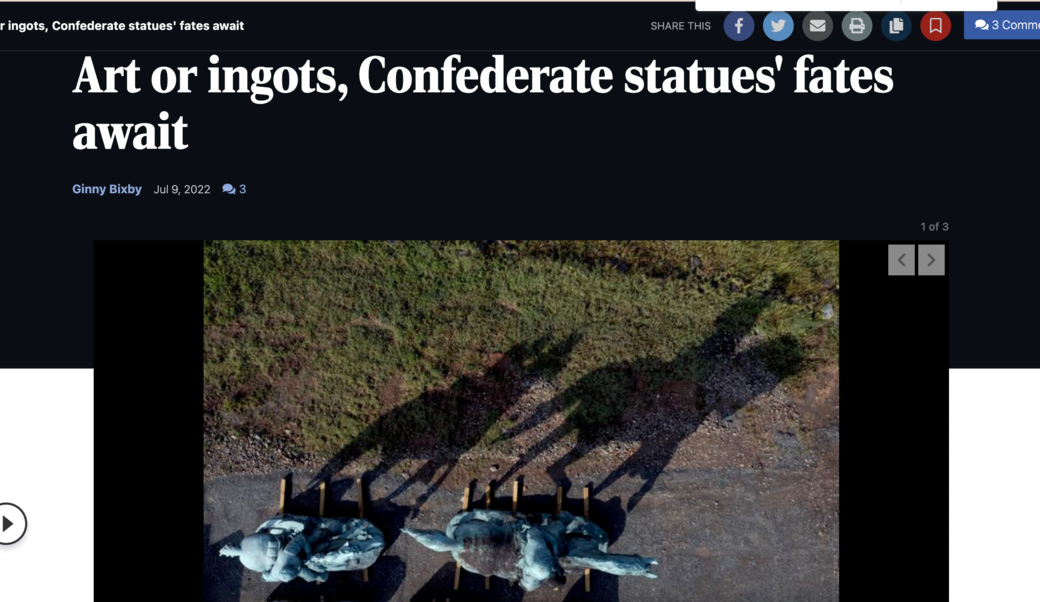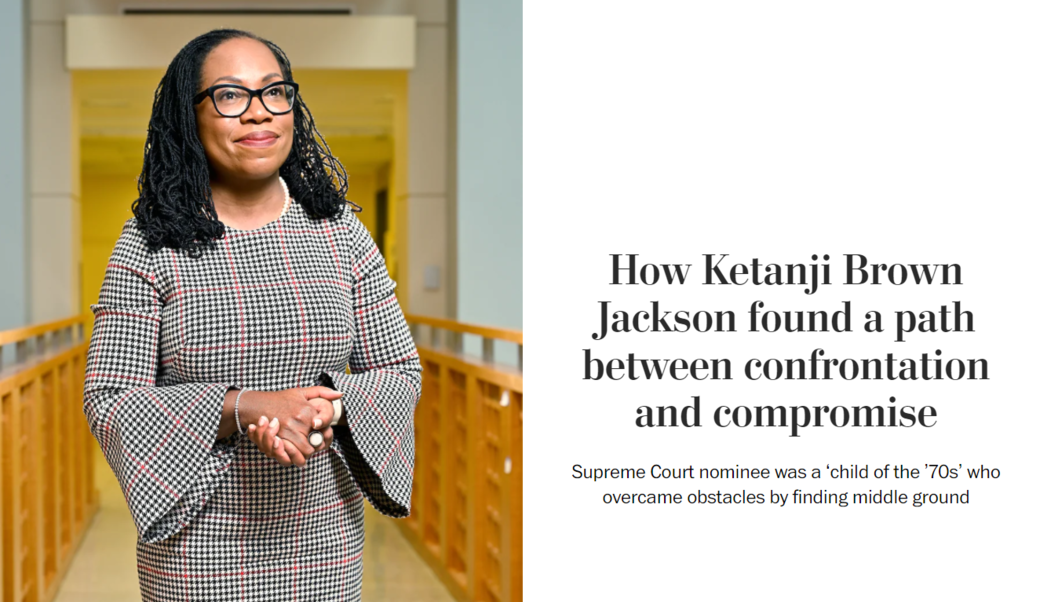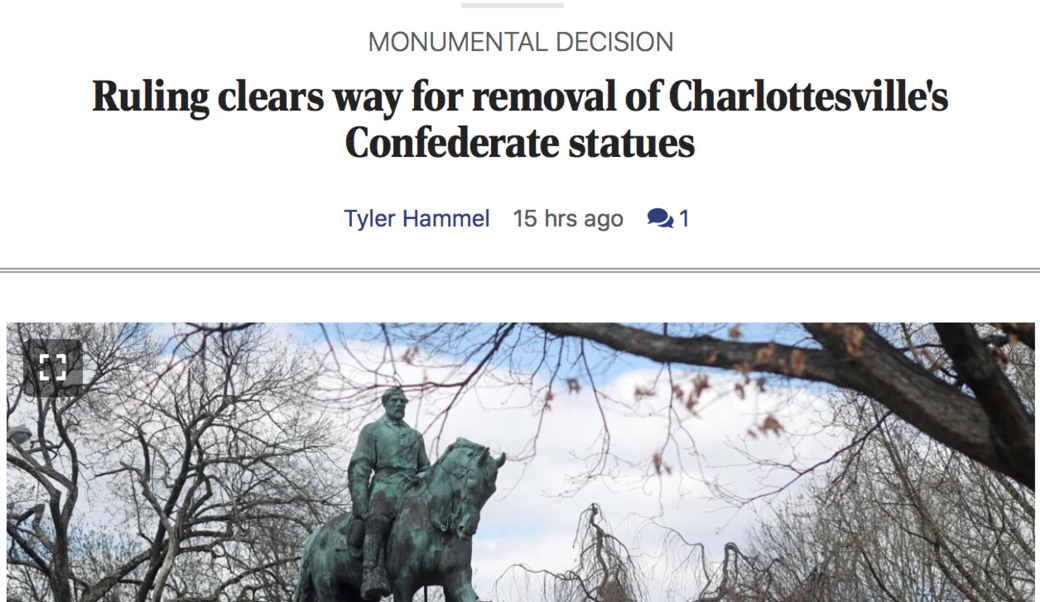Fast Facts
- Published in the Harvard, Yale, Chicago, Virginia, and Michigan law reviews
- Clerked for Dolores Sloviter, then-chief judge of the U.S. Court of Appeals for the Third Circuit
- Expertise in property law, land use, urban law and policy, constitutional law, church and state
Areas Of Expertise
- Domestic Affairs
- Religion
- Social Issues
- Governance
- Founding and Shaping of the Nation
Richard C. Schragger joined the University of Virginia Law School faculty in 2001 and was named the Perre Bowen Professor in 2013. His scholarship focuses on the intersection of constitutional law and local government law, federalism, urban policy, and the constitutional and economic status of cities. He also writes about law and religion. He has authored articles on the Establishment and Free Exercise clauses, the role of cities in a federal system, local recognition of same-sex marriage, takings law and economic development, and the history of the anti-chain store movement. Schragger has published in the Harvard, Yale, Chicago, Virginia, and Michigan law reviews, among others. He teaches property, local government law, urban law and policy, and church and state.
Schragger received an MA in legal theory from University College London and received his JD, magna cum laude, from Harvard Law School. He was a supervising editor of the Harvard Law Review. After clerking for Dolores Sloviter, then-chief judge of the U.S. Court of Appeals for the Third Circuit, Schragger joined the Washington, D.C., firm Miller, Cassidy, Larroca & Lewin, where he practiced for two years.
Schragger has been a visiting professor at Quinnipiac University, Georgetown University, NYU, the University of Chicago, and Tel Aviv University. He was the Samuel Rubin Visiting Professor at Columbia University. He is the author of City Power: Urban Governance in a Global Age (Oxford University Press, 2016).
